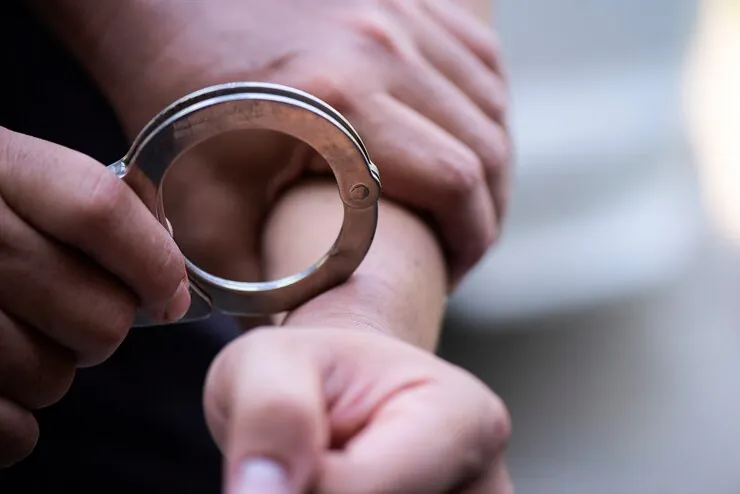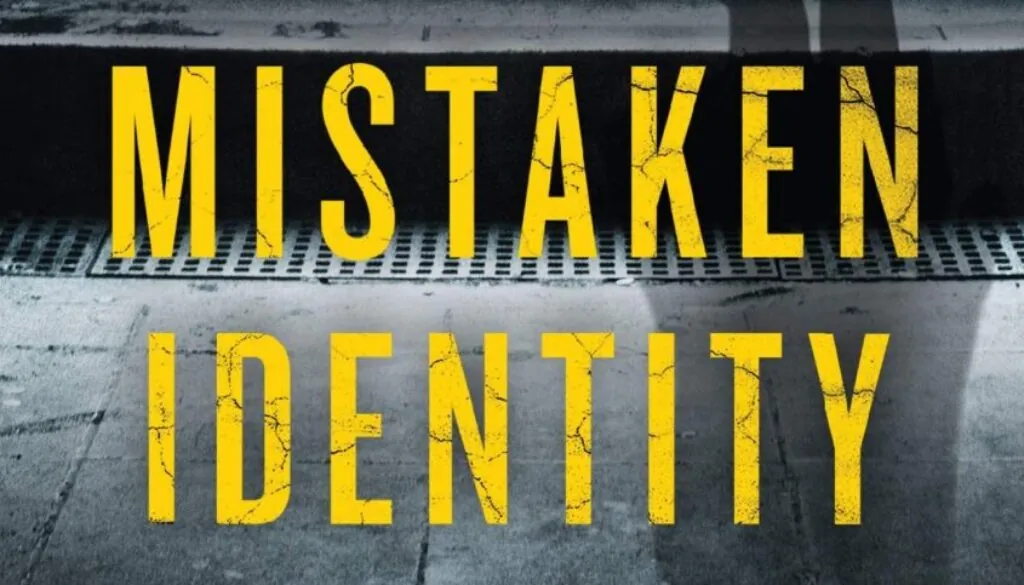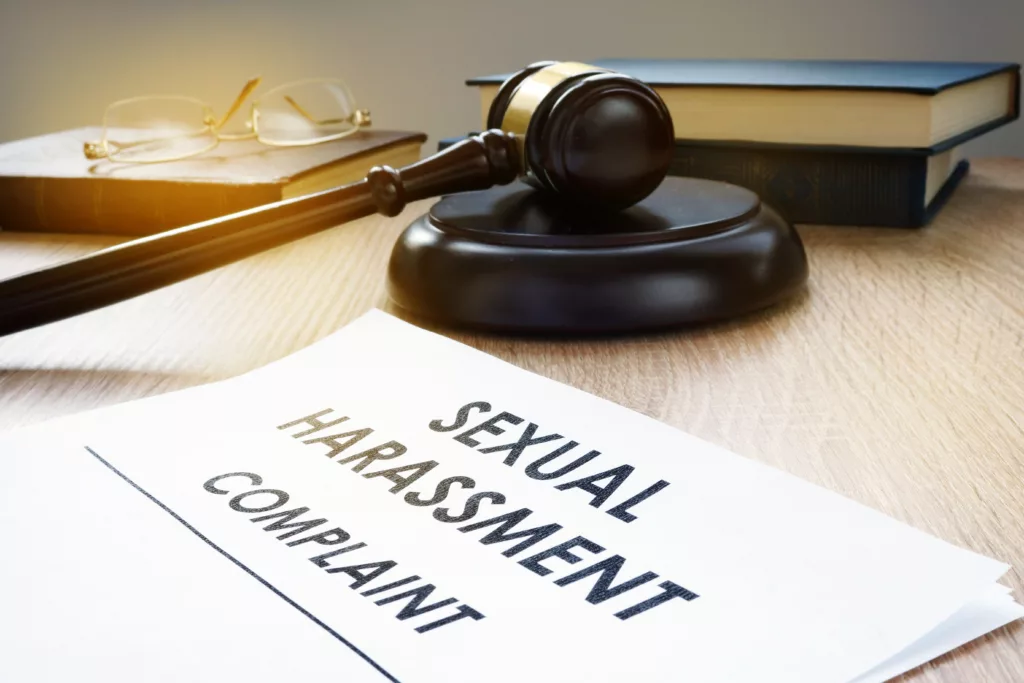Facing false accusations in Canada can be overwhelming, stressful, and potentially life-altering. Knowing how to defend yourself against false accusations Canada is crucial to protect your reputation, freedom, and peace of mind. Whether the allegations involve domestic violence, workplace misconduct, or criminal offences, this guide offers practical advice, legal strategies, and expert insights to help you navigate this challenging situation.
Why Understanding How to Defend Yourself Against False Accusations Canada Matters
False accusations are not only devastating emotionally but can also lead to severe legal consequences including imprisonment, restraining orders, loss of custody, or job termination. In Canada, these accusations are taken very seriously, but the law also provides protections to those wrongly accused. Learning how to respond promptly and effectively is essential to safeguard your rights and build a strong defense.
What Constitutes a False Accusation in Canada?

Under Canadian law, making a false accusation that causes investigations or legal proceedings is a crime known as public mischief (Criminal Code, Section 140). This applies if someone knowingly provides a false statement intending to mislead the justice system. False accusations may also expose the accuser to civil defamation claims and legal penalties, including imprisonment of up to five years depending on the severity.
Common signs of false accusations include:
- Delayed or inconsistent reports from the accuser
- Lack of corroborating evidence
- Motives such as revenge or financial gain
- Contradictory witness statements
Immediate Steps to Take When Falsely Accused
If you find yourself in this situation, quick and careful action is imperative.
1. Remain Calm and Avoid Contact
Avoid any direct communication or confrontation with the accuser, as this can worsen the situation or lead to allegations of harassment.
2. Document Everything

Keep a detailed record of all related interactions, timelines, and evidence that could demonstrate your innocence. This might include text messages, emails, surveillance footage, or witness contacts.
3. Seek Legal Representation Immediately
Contact a lawyer specializing in criminal defense and false accusations to guide you through the complex legal process. They can help collect evidence, advise on your rights, and represent you in court.
4. Follow Bail or Court Orders Strictly
If charged and released on bail or subject to court conditions, ensure you comply fully to avoid further legal complications.
Common Legal Defenses Against False Accusations in Canada
Alibi: Proving Your Whereabouts
Showing that you were not physically present at the time and place of the alleged offence is often a strong defense supported by witness testimony or evidence.
Mistaken Identity

Your lawyer can challenge the accuracy of identification, especially if the accuser or witness cannot conclusively place you at the crime scene.
Inconsistent or Unreliable Testimony
Highlighting contradictions in the accuser’s statements can weaken their credibility and the prosecution’s case.
Malicious Intent and Motive
Demonstrating that the accuser may have a reason to fabricate allegations (e.g., revenge in divorce or custody battles) can be a powerful argument in your defense.
Lack of Evidence
Since the prosecution must prove guilt beyond a reasonable doubt, pointing out insufficient or no proof can result in dismissal of charges.
Violation of Charter Rights
If your rights under the Canadian Charter of Rights and Freedoms (such as protection against unlawful search or the right to counsel) were infringed during the investigation, your lawyer may have critical evidence excluded from court.
How to Handle False Accusations in Specific Contexts
Domestic Violence Allegations
These cases can have immediate consequences like restraining orders or loss of child access. Early legal intervention, documenting your side, and avoiding contact with the accuser are vital.
Workplace Misconduct Claims
False workplace allegations can affect your career and reputation. Inform your employer promptly, gather evidence supporting your innocence, and consider legal counsel for employment advice or defamation claims.
Sexual Assault Accusations

Because of the serious stigma and legal implications, these cases demand specialized legal expertise. A strong defense often focuses on evidence, witness cross-examination, and investigating alternative narratives.
Support Systems Available in Canada for the Falsely Accused
Facing false accusations alone is daunting, but multiple resources exist in Canada:
- Legal aid services and advocacy groups
- Peer support networks offering emotional and legal guidance
- Community organizations focused on wrongful accusations
Engaging with these helps you access emotional support and practical assistance.
Practical Examples: Defending Against False Accusations
- Case of a man falsely accused of domestic assault: His lawyer uncovered contradictions in the accuser’s timeline and provided alibi witnesses, leading to charges being dropped.
- Employee cleared of theft allegations: Through a thorough internal investigation and documenting inconsistencies, the employee retained their job and pursued a defamation lawsuit.
- Wrongful sexual assault claim overturned: Expert forensic analysis and suppressed questionable eyewitness identification led to acquittal.
FAQs on How to Defend Yourself Against False Accusations Canada

Q: Can I press charges against someone for making false accusations?
A: Yes, under the crime of public mischief or by suing for defamation depending on the situation.
Q: What if I talk to the police without a lawyer?
A: It’s strongly advised to have legal counsel before any discussions to protect your rights and avoid self-incrimination.
Q: How long does it take to clear my name?
A: Timelines vary depending on the complexity of the case, but early and effective legal defense improves outcomes.
Q: Are false accusations common in Canada?
A: While difficult to quantify, false allegations do occur and can cause significant personal and legal hardship.
Conclusion: Protecting Your Rights When Facing False Accusations
Understanding how to defend yourself against false accusations Canada requires swift action, legal knowledge, and steady support. Being falsely accused is a serious ordeal, but with proper documentation, expert legal defense, and careful navigation of the justice system, you can protect your freedom and reputation. If you or someone you know faces such allegations, seek experienced legal advice immediately. Canadian law offers protections, and you do not have to face false accusations alone.